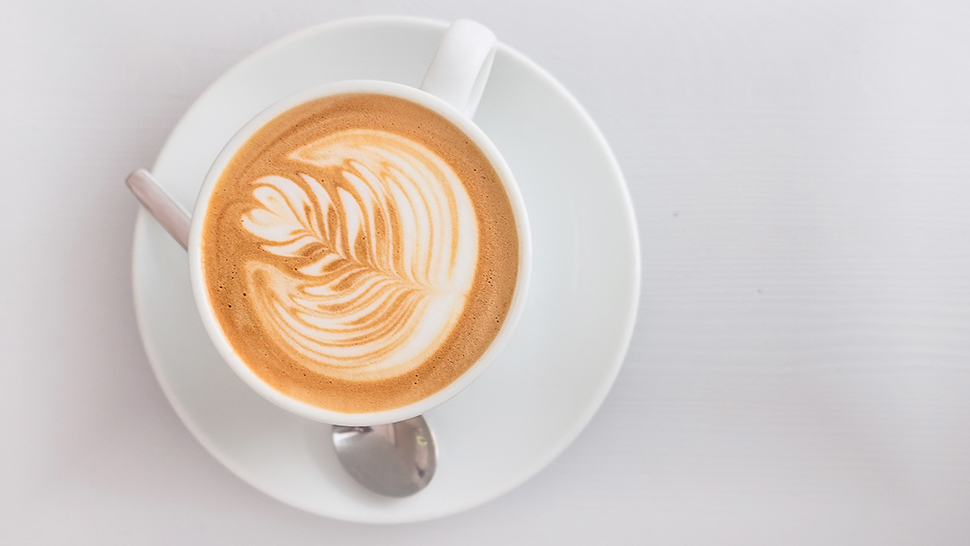
What’s the buzz?
Caffeinated beverages hinder hydration — or do they?
What does the science say?
Water makes up a significant part of our body weight (50 to 75 percent, depending on your age), so maintaining proper hydration is essential. Inadequate fluid intake can affect our mental and physical performance as well as our bowels. (Oh my!) We can get about 20 percent of our fluid needs from foods such as fruits and vegetables, which means we’re required to drink 9-12 cups of fluid per day to make up the remainder. However, frequent trips to the restroom after consuming caffeinated beverages may have you questioning whether these drinks are actually helping you meet your daily fluid goals. A fair hypothesis, Watson, now let’s do some sleuthing.
Studies have analyzed the effects of caffeine tablets, powders, and caffeinated beverages on hydration from a variety of different intake ranges. One study compared coffee and water consumption to determine if it impacted hydration status. Caffeine intakes of participants ranged from 204.4-453.0 mg (about four 6-ounce servings of coffee). A variety of different hydration status markers were examined and there were no significant differences in hydration status between those who consumed coffee versus water – indicating caffeinated beverages add to our daily fluid intake in the same way that water does. On the opposite end, a different study showed that high concentrations of caffeine intake (4-5 cups of coffee) may result in higher urinary output compared to the low caffeine and water trials.
What’s the takeaway?
Although reasonable amounts of caffeinated beverages are not wreaking havoc on your body’s fluid balance, these uppers may come along with some downers for your overall wellness. Based on the current findings, consuming a few cups of coffee isn’t going to hinder your hydration status. The FDA advises individuals to consume less than 400 mg caffeine per day. Caffeine can make people feel jittery, affect their sleep patterns, and often contain large amounts of added sugar, so opt for water, unsweetened tea, and fruit or herb infusions as you navigate the hydration landscape. (Elementary, my dear Watson!)
Additional resources: